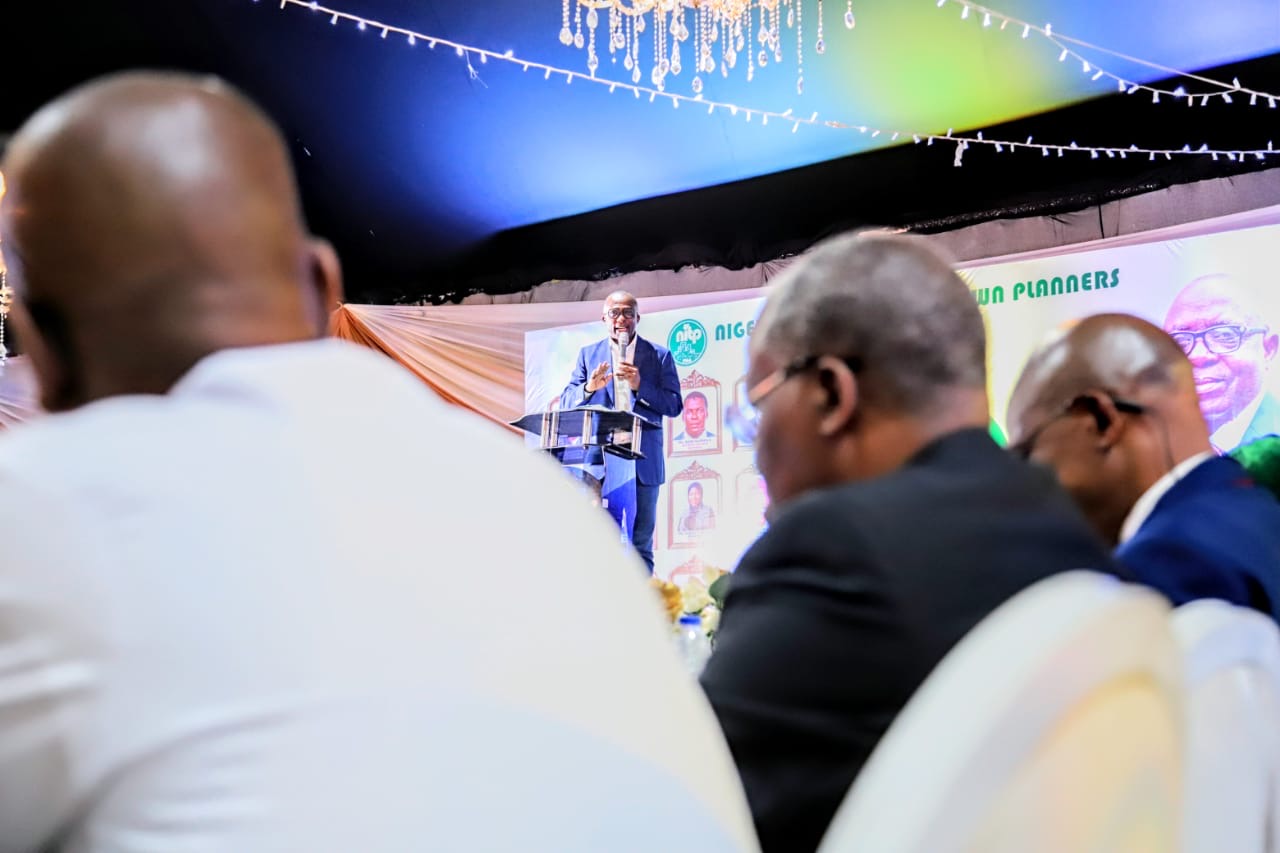… Commissioner Envisions Sustainable, Innovative Urban Planning
LagosToday Reports …
In a bid to revolutionize urban development and promote sustainability, the Lagos State Commissioner for the Environment and Water Resources, Tokunbo Wahab, today rallied the members of the Nigerian Institute of Town Planners across the state. The event, held at the investiture of the 19th Chairman and the inauguration of the Executive Committee of the Lagos State chapter of the Nigerian Institute of Town Planners in Ikeja, underscored a powerful call for integrating environmental laws into every phase of urban planning.
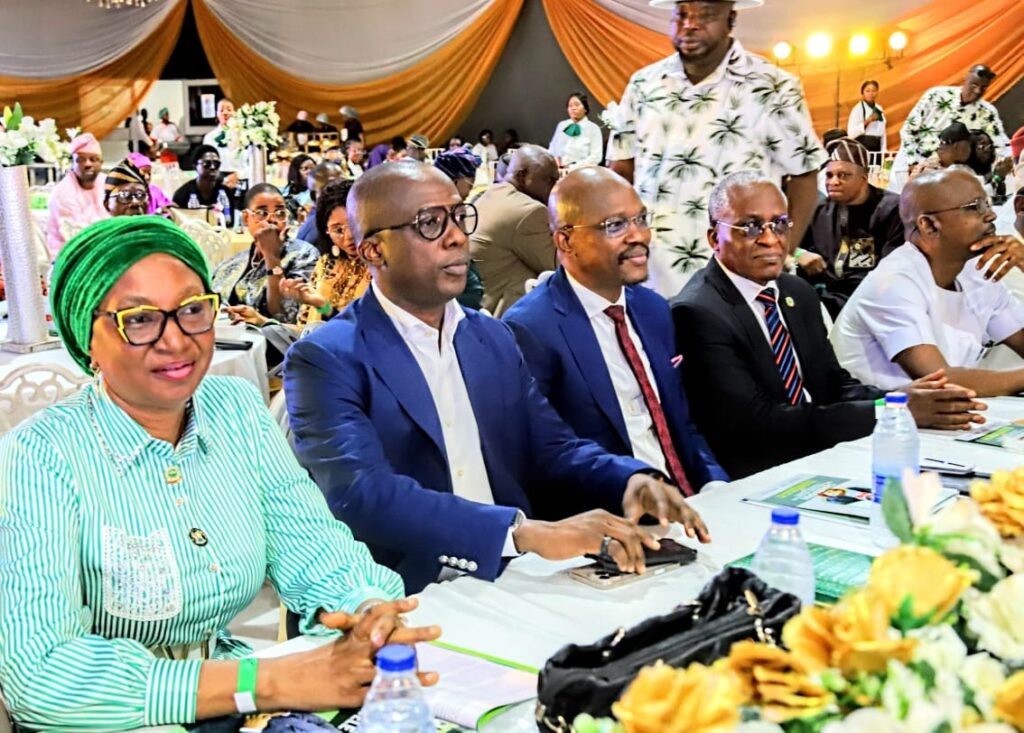
Addressing the gathering, Commissioner Wahab emphasized that the rapid urbanization facing Lagos demands a rethinking of traditional planning processes. “To effectively address the challenges of urbanization and environmental degradation, town planners must leverage technology, digital tools, and geographic information systems (GIS). These tools not only enhance decision-making but also optimize the allocation of resources,” he asserted.
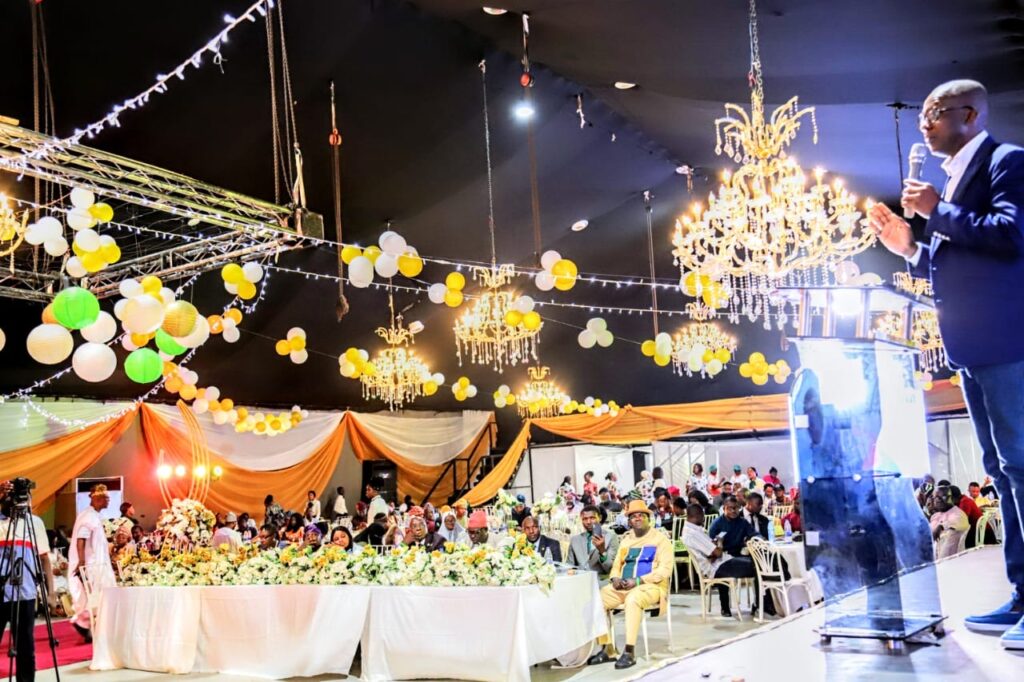
Wahab outlined the critical role that environmental laws play in shaping urban landscapes. “Our state environmental laws provide the essential framework for ensuring that urban development is sustainable. When combined with sound physical planning, these laws help us tackle the pressing challenges of urbanization, ecological degradation, and resource management,” he explained. The commissioner stressed that in a bustling metropolis like Lagos, where population growth exerts immense pressure on infrastructure and natural resources, embedding environmental considerations into urban planning is not optional—it is absolutely essential.
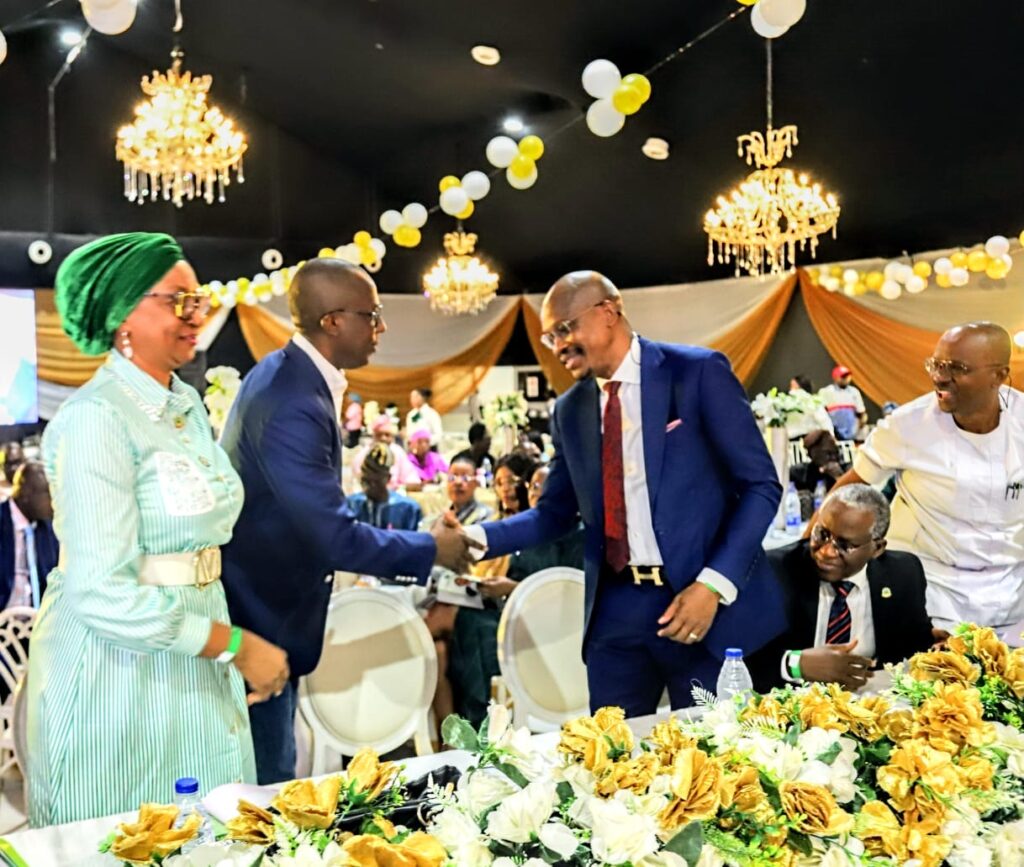
The event, themed “The Intersection of Environmental Laws and Physical Planning: Addressing Urban and Ecological Challenges,” served as a platform for discussing how environmental sustainability can be seamlessly integrated into urban development strategies. Commissioner Wahab called on town planners to not only focus on the efficient use of land but also to protect critical ecosystems, thereby ensuring that urban growth is balanced with environmental conservation.
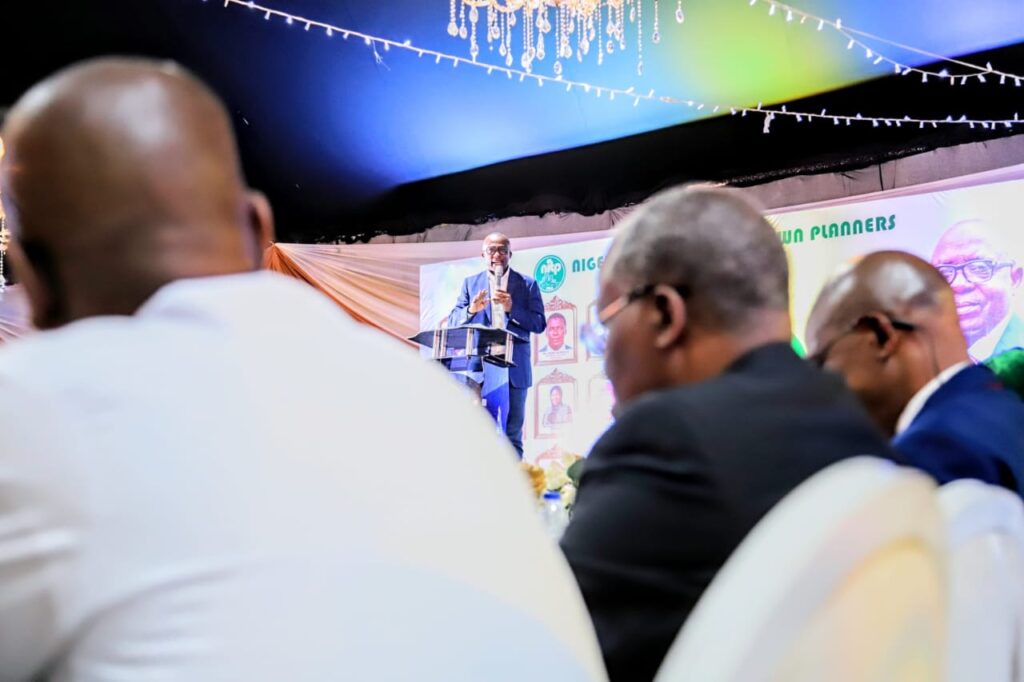
Highlighting the need for collaborative efforts, Wahab urged a multi-sectoral approach to urban planning. “We must forge strong partnerships between government agencies, private sector stakeholders, and local communities. This collaboration will ensure that our objectives are aligned and that our development projects are inclusive, benefiting all Lagosians,” he said.
The Commissioner also pointed to several state initiatives that embody this integrated approach. Among these are waste-to-energy projects and afforestation programs—initiatives that demonstrate how environmental considerations can be incorporated into large-scale urban planning to yield both ecological and economic benefits. “These projects are a testament to our commitment to sustainability. They not only address environmental challenges but also contribute to the long-term economic development of Lagos,” he noted.
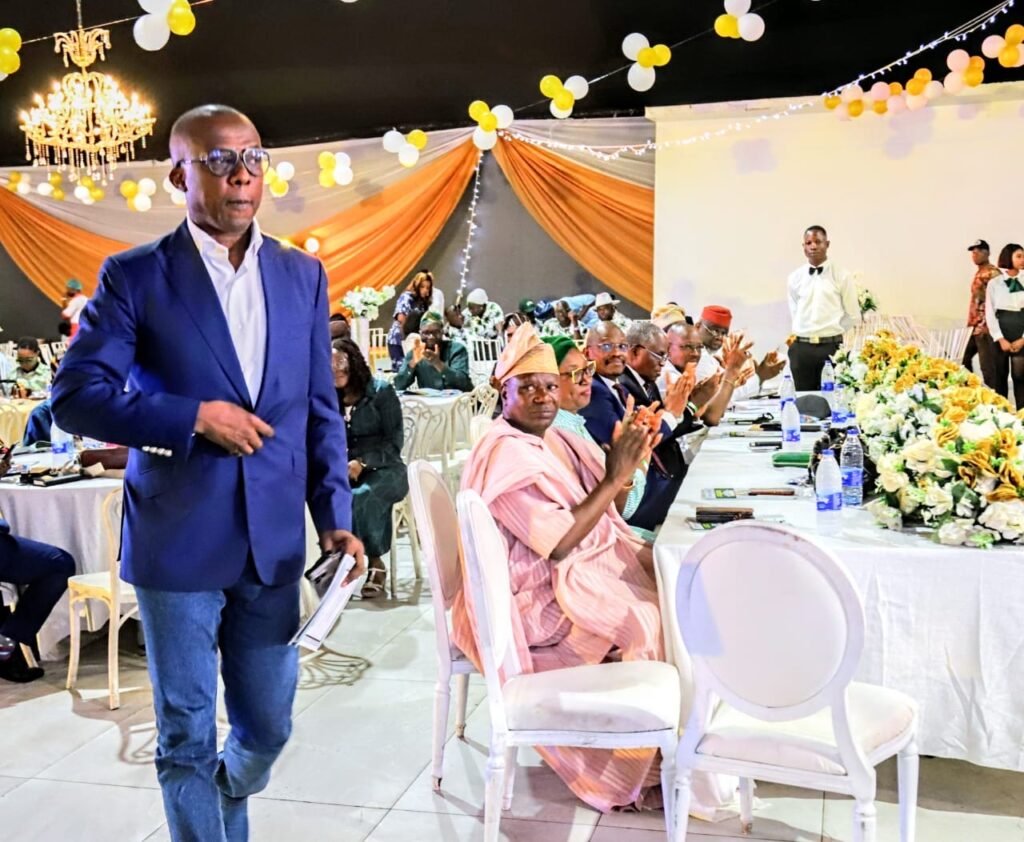
Capacity building was another critical area of focus during the event. Wahab emphasized that equipping professionals with the necessary skills and knowledge is vital for the successful integration of environmental laws into urban planning. “Our town planners are at the forefront of environmental development. Their expertise in spatial planning, land use management, and urban design must be continuously enhanced to meet the evolving demands of our state,” he added.
The commissioner’s call to action resonated with the audience, many of whom expressed their commitment to embracing innovative practices and stringent environmental standards. “The environment is not just a sector; it is the foundation upon which all sectors thrive,” Wahab reminded the participants. “Let us work together to build a Lagos that future generations will be proud to inherit.”
The rally marks a significant step forward in Lagos State’s ongoing efforts to balance urban growth with environmental sustainability. By integrating environmental laws into urban planning processes, the state aims to create a resilient, livable city that not only meets the needs of its growing population but also safeguards its natural resources.
